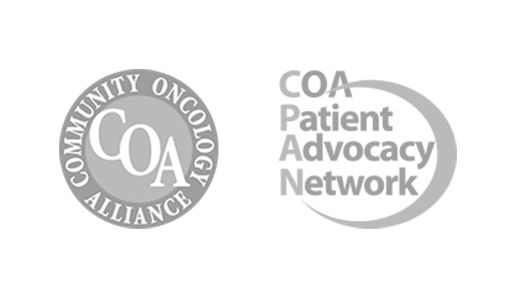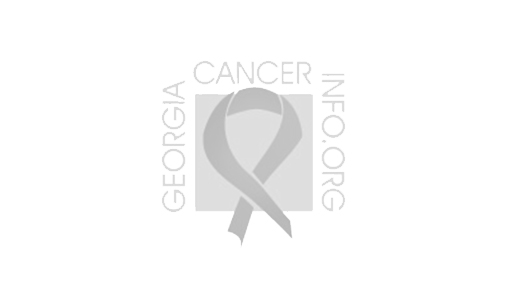Being told you have cancer is, unfortunately, only the start of the challenging conversations you’re likely to have regarding your cancer diagnosis and its treatment.
After you hear the news, you’ll eventually need to share it with others, including your spouse, partner, children, family, friends, and colleagues. For many people, just the thought of these conversations can be very scary.
How will people take the news? Will you be able to answers their questions? What if you get emotional while discussing your diagnosis?
To help you navigate these difficult conversations, we’ve put together a quick guide on how to tell someone you have cancer. Read on for our helpful guide!
Prepare Yourself
Before you begin any conversations about your diagnosis, make sure you’re as mentally prepared as you can be. Take the time you need to process.
If you’re seeing a therapist, it doesn’t hurt to have a conversation with him/her prior to telling anyone else your news. This can help you better understand your own feelings.
Also, don’t feel pressure to tell everyone immediately. Talk to your most trusted friend or family member about the timing that makes the most sense to you.
If you’d like, appoint a spokesperson of sorts who can do the work of explaining your diagnosis to acquaintances or others outside of your inner circle. Don’t feel pressured to deliver the news yourself if you know it will become overwhelming.
Decide Whom to Tell
Once you’re feeling mentally prepared to have the difficult conversations, you’ll need to decide with whom you want to speak.
Ideally, you have one specific person that you can be completely open and vulnerable with. This is generally a spouse, partner, adult child, or a very close friend. Most people decide to tell this person first (it’s possible they were even with you when you heard your diagnosis).
Talk with this person as much as you can. If you’d like, ask them to be with you when you tell others. They can help fill in missing information or answer questions in the event that you become emotional.
After your closest confidante knows where you stand and how you’d like to approach the conversations, you can move into the “inner ring” of people you’d like to tell. This can include siblings, children, parents, and close friends.
You might also want to speak with close colleagues or friends from church or other social outlets; however, this is optional. Your health is personal-never feel obligated to tell anyone.
Do keep in mind that some people at work may need at least an overview of your diagnosis. No real need to delve into details, but your manager or your HR department will need some information if you intend to take medical leave.
Decide When You’ll Have the Conversation
Don’t feel burdened to have these important conversations immediately. First and foremost, you need to feel emotionally ready (or as ready as you can be) before you have them.
Aside from your closest family members, you may want to wait. Perhaps you have additional testing or procedures in the coming days or weeks that will give you more information about your prognosis or treatment plan.
If that’s the case, it may pay to wait. This way, you’re equipped with more information and better able to answer all the questions people will likely have. This can be beneficial as it will save you from needing to have multiple difficult conversations.
Choose a Location
You’ll need to decide where you want to have these conversations.
In general, it’s smart to have them in quiet, comfortable, private places like in your home. Chances are, it will be an emotional conversation better suited to home than a coffee shop or park.
Set aside plenty of time. You shouldn’t need to rush the conversation, and you also want to ensure you (and the people you’re talking with) have some time to decompress and process their thoughts afterward.
Determine How to Tell Someone You Have Cancer
You know your diagnosis and prognosis the best, and you also know your temperament and the temperament of the people with whom you’ll talk. With these elements in consideration, you can decide how you’d like to deliver the news.
Most importantly, deliver it in the way that is easiest on you. It’s ok to be direct and honest or to admit that you’re afraid. Don’t feel as though you need to soothe them or allay their fears.
Also, don’t be afraid to tell them you don’t have all the answers, and don’t sugarcoat the news.
If a doctor or therapist has provided you with a book or other resources about your specific cancer, it can help to provide copies of the same resources when you’re having these conversations. That can be a way to let the “technical” parts of the conversation left to experts so that you are free to focus on the emotional aspects.
After you’ve delivered the news, you may want to give them the option to contact you (or your spouse or trusted friend) should they realize they have additional questions after they’ve processed the information.
Finding More Cancer Support Resources
Cancer and the treatments you choose are very personal, and so is deciding how to tell someone you have cancer. Ultimately, the guidelines above are just that-guidelines.
You’ll know best when to have the conversations, whom to talk with, and how to tell them. Follow your intuition. Lean on “spokespeople” and loved ones. Don’t be swayed by conventional wisdom and feel as though there is a right way or a wrong way to deliver the news.
If you’d like more resources for coping with your diagnosis or information about treatment options, we hope you’ll contact us. AO Multispecialty Clinic offers you a coordinated approach to treatment to help you navigate the clinical, financial, and emotional challenges of a cancer diagnosis. Please reach out today.





